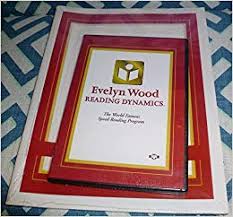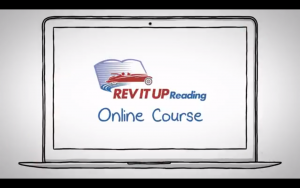I’m writing to share worthy information for your readers about the concept of speed-reading Eric Spitznagel wrote about in his recent article “How a Mormon Housewife Sold America the Big Speed-Reading Scam.” (about a six minute read for someone at the average 250 words per minute reading rate.)
I have been teaching speed reading for over 30 years and feel compelled to update folks on a few things. Evelyn Wood was THE founder of the concept speed reading because she knew people could do better and read faster. She was certainly on to something powerful and had an amazing business model. However, I believe she pushed the envelope too far for the average reader. Expecting readers who average 250 words per minute to instantly jump to thousands of words per minute – with comprehension – was ultimately achievable by only a select few.
Since then, speed reading has been looked at as something fantastical and superhuman. I know, because I hear this thinking often. However, speed reading, in the way I have recreated it, is similar yet very different. My definition of speed reading is not just speed for speed itself, rather it’s a set of active, mindful and conscious strategies that allow you to get what you need quickly from any reading material in an efficient and effective manner.
What readers need to understand is that having the ability to read even two to three times faster than where they start (say they start at the average of 250 and then go to 500 or 750 words per minute) will not only help them read more in less time but more importantly will force concentration. Think about it: while you walk, there’s a multitude of things you can do such as daydream, window shop, kick a can, chew gum, talk to a friend, and more. But while you run, you can’t do those any of those things as efficiently or effectively. Instead, you need your focus placed on where you are going, hence the increased concentration. Evelyn Wood understood that idea but again think she pushed the envelope too far.
Once there is good concentration, there is a higher chance for better comprehension and then improved retention. Too many readers read too slowly which is a breeding ground for daydreaming, the antithesis of concentration.
Nowadays, speed reading strategies should be looked at as a continuation of one’s reading education. Most people stop learning reading skills in elementary school and are then expected to manage a high school, college and/or professional reading workload, which has increased by a factor of 10 in the last decade, with these antiquated skills. Speed reading is a welcome retooling providing even the slowest readers with ways to read smarter, faster and just plain better.
Abby Marks Beale is a speed-reading expert and creator of the Rev It Up Reading Online Course. She is also author of 10 Days to Faster Reading and The Complete Idiot’s Guide to Speed Reading. www.RevItUpReading.com


 ENTER NOW
ENTER NOW